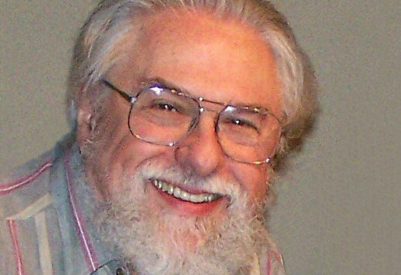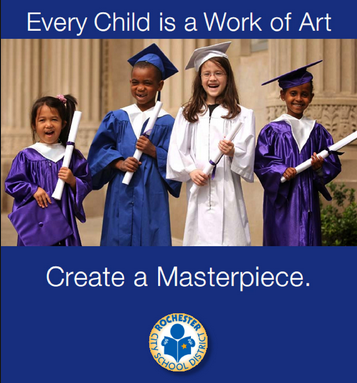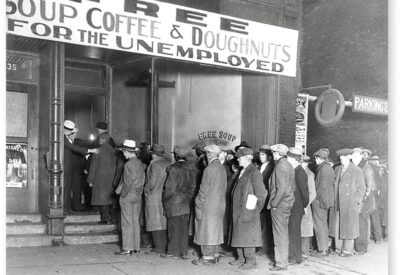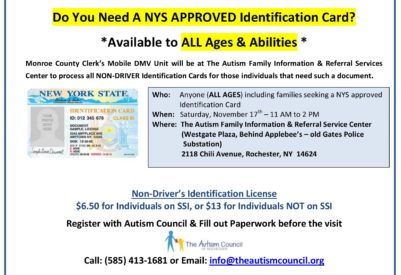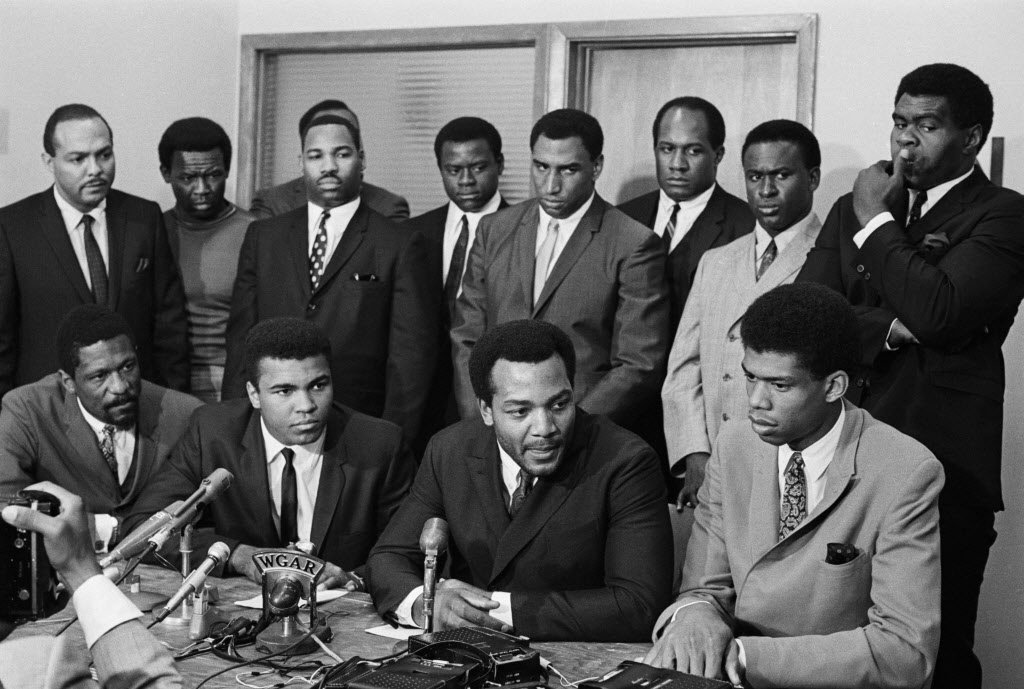
By Branson Wright, The Plain Dealer
On June 4, 1967 at 105-15 Euclid Ave. in Cleveland, a collection of some of the top black athletes in the country met with -- and eventually held a news conference in support of -- world heavyweight boxing champion Muhammad Ali (front row, second from left), about Ali's refusal to be drafted into the U.S. Army in 1967. • Mouse over the picture to put names with the famous faces and read details. Tip: Wait a moment for the page to finish building. CLEVELAND, Ohio -- On a sunny Sunday afternoon in early June 1967, several hundred Clevelanders crowded outside the offices of the Negro Industrial Economic union in lower University Circle. None of those gathered, including a collection of the top black athletes of that time, realized the significance of what would happen in that building on this day.
Muhammad Ali, the most polarizing figure in the country, was inside being grilled by the likes of Bill Russell, Jim Brown and Lew Alcindor, who would later change his name to Kareem Abdul-Jabbar. They weren't interested in whether Ali was going to take his talents to South Beach or any other sports labor issues.
They wanted to know just how strong Ali stood behind his convictions as a conscientious objector to the Vietnam War. The questions flew fast and furious. Ali's answers would determine whether Brown and the other athletes would throw their support behind the heavyweight champion, who would have his title stripped from him later in the month for his refusal to enter the military.
On June 4, 1967 at 105-15 Euclid Ave. in Cleveland, a watershed moment occurred in the annals of both the civil rights movement and the protest against the Vietnam War. Every cultural force convulsing the nation came together – race, religion, politics, young vs. old, peace vs. war. This is the story about how such an extraordinary meeting developed. How it transpired in Cleveland. And of what that meeting means now, looking back through the lens of 45 years. "When I look at the situation in Florida [the Trayvon Martin case] and when I look through all my adult life, there's always been a period where something happens that causes this country to struggle, be it racial or whatever," said former Green Bay standout Willie Davis. "I look back and see that Ali Summit as one of those events. I'm very proud that I participated."
The core of the summit was the NIEU, later named the Black Economic Union (BEU).
The organization was co-developed by Brown in 1966, a year after he retired from the NFL to become a full-time actor. The BEU served various communities across the country, mostly in economic development. The BEU also supported education and other social issues within the black community.
The BEU and this meeting with Ali stemmed from Brown's social consciousness. For the meeting with Ali, Brown brought together other socially conscious black athletes of the time. Besides Russell, Alcindor and Davis, there was Bobby Mitchell (Washington Redskins), Sid Williams (Browns), Jim Shorter (Redskins), Walter Beach (Browns), John Wooten (Browns), Curtis McClinton (Kansas City Chiefs) and attorney Carl Stokes.
"The principal for this meeting of course was Ali," McClinton said. "The principal of leadership for us was Jim Brown. Jim's championship leadership filtered to all of us."


